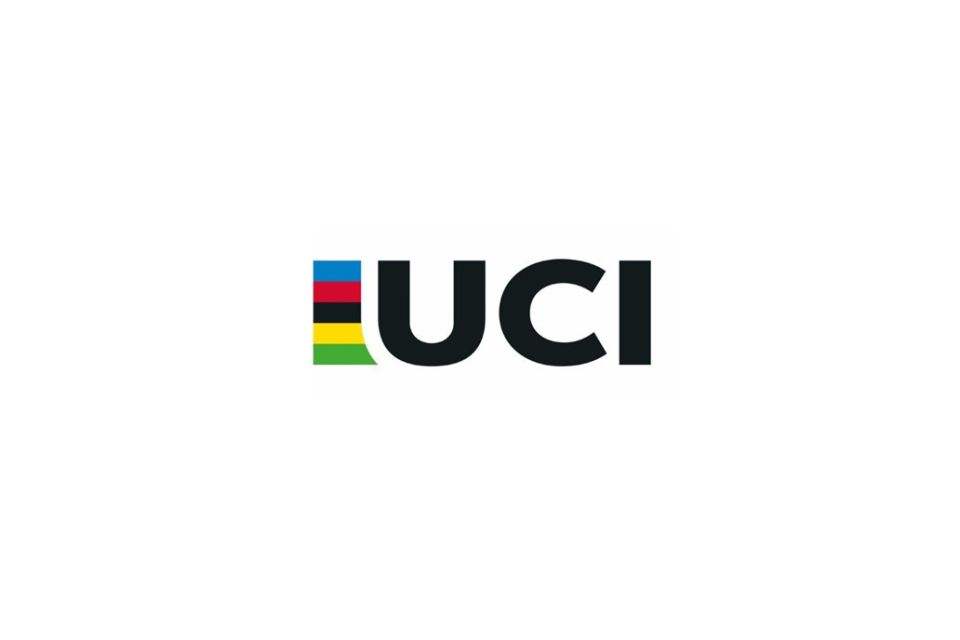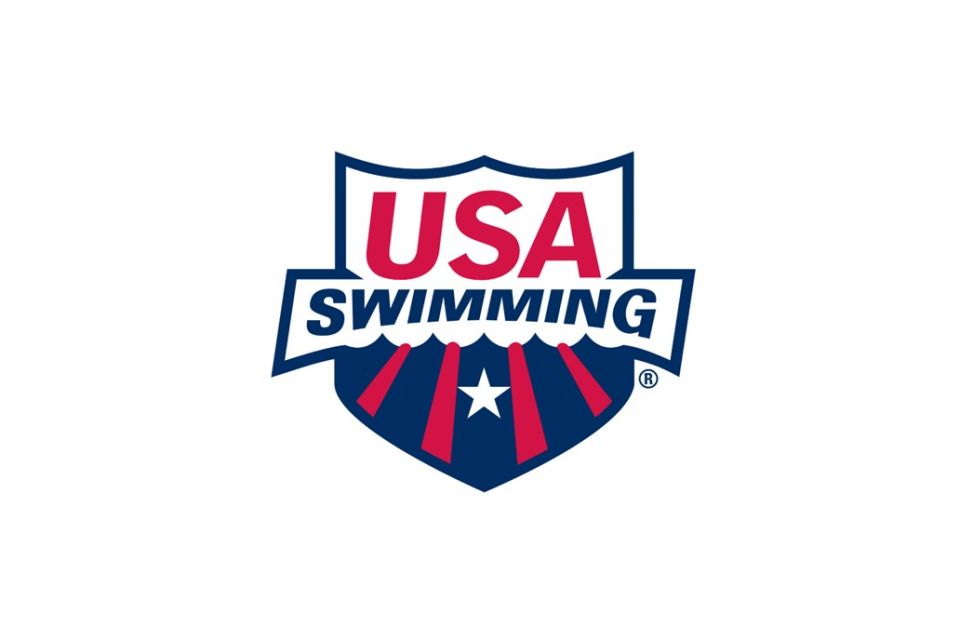Gerard Elias has had substantial experience in sport and sports law. He has been ECB's Chairman of Discipline for the past 10 years and is a former Chairman of Glamorgan County Cricket Club. He has chaired Disciplinary Tribunals for many sports including the Welsh Rugby Union and other professional bodies. He has also been a member of SDRP's Panel of Arbitrators (Chairpersons' List). He took silk in 1984 and, among other appointments, sits as a Recorder of the Crown Court and as a Deputy High Court Judge.
Gerard Elias succeeds SDRP's founder Chairman, Charles Woodhouse CVO, who retires after ten years.
I am absolutely delighted that someone of Gerard Elias's ability, standing and knowledge of sport and sports law has accepted the challenge of leading SDRP, said retiring Chairman Charles Woodhouse. He will bring to SDRP new strong leadership and a high profile as sport in the UK looks forward to 2012 when the services of an independent body like SDRP could make a real difference.
Gerard Elias will serve as Chairman working part time for SDRP whilst continuing in practice as a barrister at Farrar's Building. He will lead the Board of SDRP, an independent organisation established by the major sports representative bodies in the UK, to provide a mechanism for resolving sports disputes simply, fairly and cost effectively.
Gerard Elias will work closely with SDRP's new Executive Director, Ed Procter, who was appointed in September 2006. Elias will lead the development of SDRP's vision of Just Sport, play a major role in its communication and ensure that key stakeholders in sport in the UK, who are all SDRP members, support SDRP's strategy and direction.
Speaking about his appointment, Gerard Elias said:
The challenge to lead and promote an independent and responsive dispute and mediation body in sport is an exciting one
the dispute in rugby union over participation in next season's Heineken Cup is yet one more example of sport needing such a body
Elias continued,
I strongly believe that sport sets standards that the young imitate and that the value of setting up fair and just, but expeditious, procedures to resolve disputes cannot be underestimated. The globalisation of sport and the intense media coverage of any disputes which arise, against a background of threats of recourse to litigation, make ever more relevant and important an independent, respected and effective dispute resolution service.


